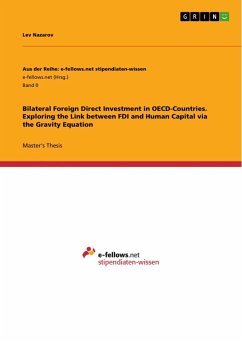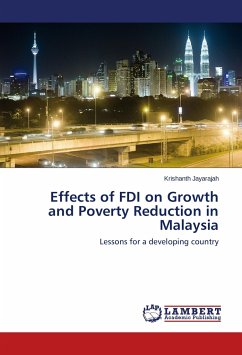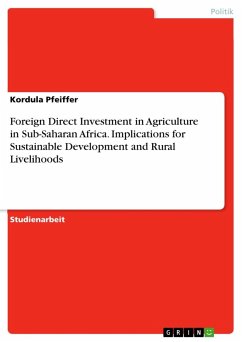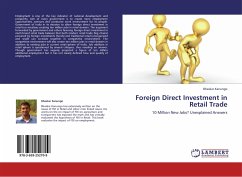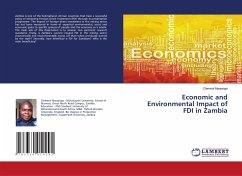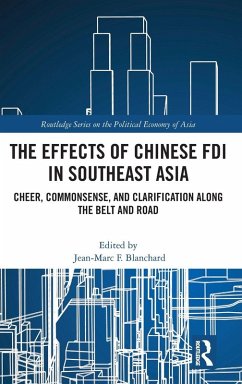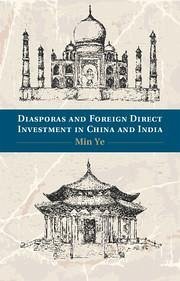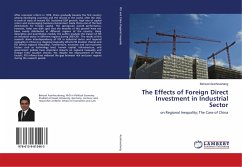
The Effects of Foreign Direct Investment in Industrial Sector
on Regional Inequality; The Case of China
Versandkostenfrei!
Versandfertig in 6-10 Tagen
56,99 €
inkl. MwSt.

PAYBACK Punkte
28 °P sammeln!
After economic reform in 1978, China gradually became the first country among developing countries and the second in the world, after the USA, in term of stock of inward FDI. Sustained GDP growth, high rate of capital return and encouraging business environment made China one of the best destinations for foreign capital. This spectacular overall performance, however, hides one dark spot that the benefits of this growth have not been evenly distributed in different regions of the country. Using descriptive and quantitative models, the author analyzes the impact of FDI on industrial sector in di...
After economic reform in 1978, China gradually became the first country among developing countries and the second in the world, after the USA, in term of stock of inward FDI. Sustained GDP growth, high rate of capital return and encouraging business environment made China one of the best destinations for foreign capital. This spectacular overall performance, however, hides one dark spot that the benefits of this growth have not been evenly distributed in different regions of the country. Using descriptive and quantitative models, the author analyzes the impact of FDI on industrial sector in different regions during 2003-201. The results of this research show interdependency of FDI in industrial sector and regional inequality in China (e.g. Regional inequality affects FDI location choices and FDI affects regional inequality). Furthermore, economic and non-economic factors such as technology level, human capital, infrastructure, and government policies have important impacts on regional inequality and foreign firms' location choices. Yet, despite the improvement of these factors, FDI inflows have widened the gap between rich and poor regions during the research period.



